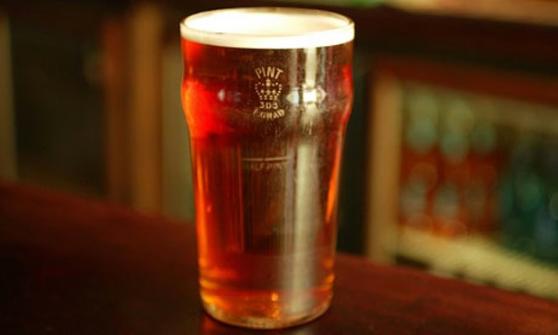The pan-European Stoxx 600 index barely moved the needle as did Britain’s FTSE 100 after figures from the Office for National Statistics showed that higher food prices helped push up inflation to a 40-year record 10.1% last month.
The consumer price index rose by 10.1% in the 12 months to September, compared to August’s rate of 9.9%. The figure was largely in line with expectations. On a monthly basis, CPI rose by 0.5% in September, compared to 0.3% in September 2021.
The ONS said that rising food prices made the largest upward contribution to the change in both CPIH and CPI. The largest downward pressure was transport, as the price of motor fuels and second-hand cars continued to fall.
Inflation has been mounting throughout the year, hitting a 40-year high of 10.1% in July before easing slightly to 9.9%.
“There’s no let up for price pressures in the UK economy right now with inflation still the most pressing economic problem facing the Bank of England as well as the government. Without price stability, the cost-of-living crisis will continue to weigh on the economy by squeezing household budgets and dampening business margins,” said Interactive Investor Victoria Scholar.
“Today’s hotter-than-anticipated inflation reading paves the way for another aggressive interest rate increase from the Bank of England at its next meeting in early November as the central bank looks to curtail economic activity to bring price levels back towards its 2% target.”
“However, the central bank is between a rock and a hard place as it looks to curb price pressures without inadvertently adding to the risk of recession.”
Scholar said inflation was likely to peak somewhere around 11% in the coming months before easing back next year.
“The Bank of England’s terminal rate (the highest point in the interest rate cycle) is forecast to reach around 5% possibly higher at some stage in 2023 once price levels are more under control.”
In equity news, UK banks were under pressure after a report that Finance Minister Jeremy Hunt was set to raid their profits as well as those of energy companies as he looks to fill a £40bn fiscal hole.
Lloyds (LON:LLOY), NatWest (LON:NWG) and Barclays (LON:BARC) were all lower on the news, while NatWest and Lloyds were also likely weighed down by rating downgrades at KBW.
ASML Holding (AS:ASML) rose 6% after the chip equipment maker reported better-than-expected third-quarter sales and profit and said it does not expect a large impact from US sanctions on China. The news boosted sector peers ASM International and BE Semiconductor.
Handelsbanken rose after the Swedish bank reported record operating earnings, helped by a jump in interest income. Swedbank, Avanza Bank and Skandinaviska all gained on the back of the news.
Brewers went flat after Denmark's Royal Unibrew said it would will pass on rising prices to customers as fast as possible into next year and also cut its full-year outlook,s aying consumers were likely to switch to cheaper drinks as inflation bites. Major peers Carlsberg (CSE:CARLa) and Heineken also fell on the news.
Moneysupermarket (LON:MONY) shares tanked after Amazon (NASDAQ:AMZN) said it was launching a UK insurance comparison website.
Spanish swimming pool maker Fluidra sank 14% after downgrading its financial guidance for 2022 after a weaker-than-anticipated third quarter.
Biotech firm Sartorius Stedim slumped 12% after third-quarter results missed estimates.
Swiss online pharmacy Zur Rose fell 10% after a downgrade to 'neutral' from 'buy' by Morgan Stanley (NYSE:MS).
